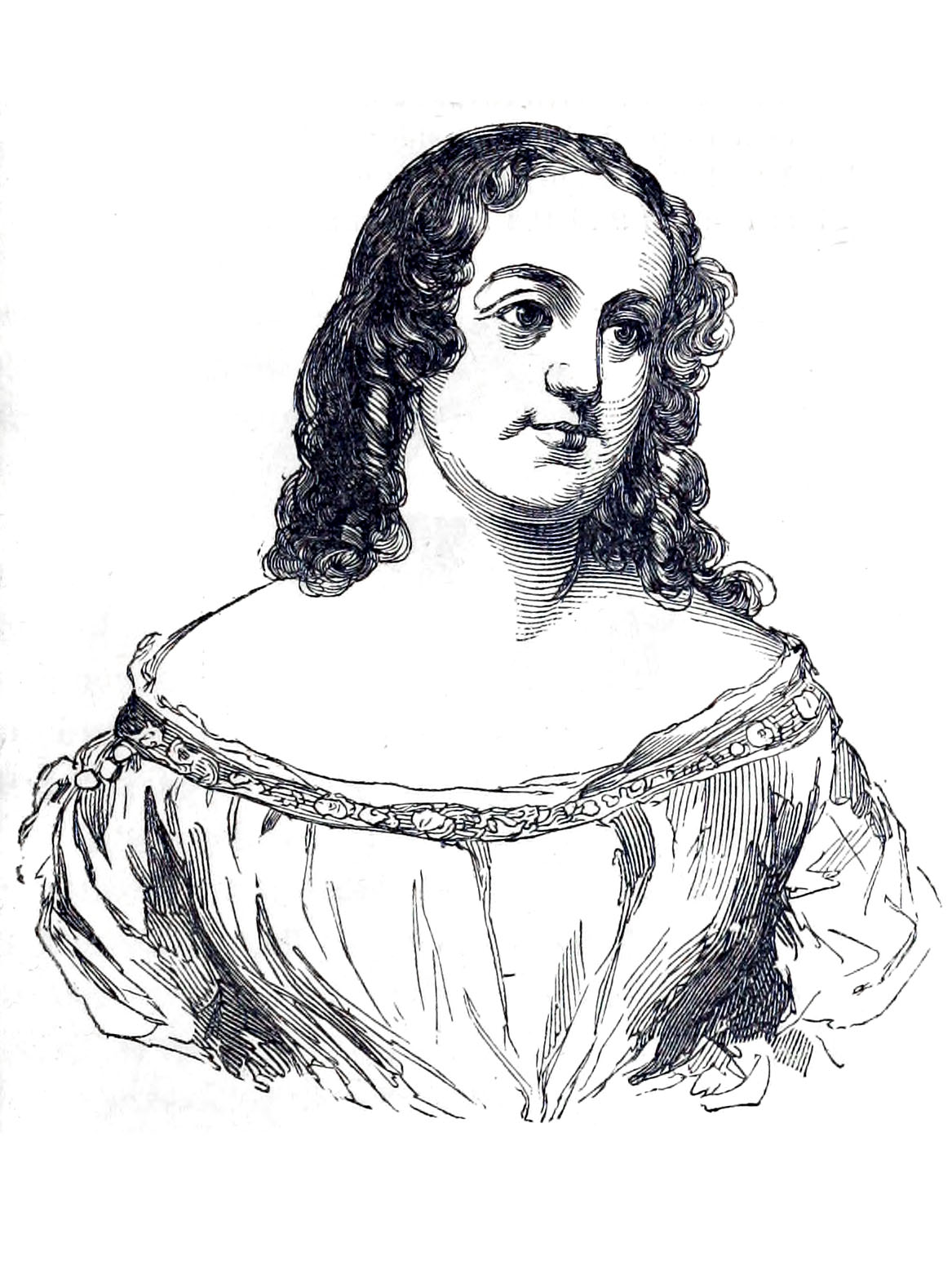
The Forsaken
by Estelle Anna Lewis
It hath been said — for all who die
There is a tear;
Some pining, bleeding heart to sigh
O'er every bier: —
But in that hour of pain and dread
Who will draw near
Around my humble couch and shed
One farewell tear?
Who watch my life&apps;s departing ray
In deep despair,
And soothe my spirit on its way
With holy prayer?
What mourner round my bier will come
In “weeds of wo”
And follow me to my long home
Solemn and slow?
When lying on my clayey bed,
In icy sleep,
Who there by pure affection led
Will come and weep;
By the pale moon implant the rose
Upon my breast,
And bid it cheer my dark repose —
My lowly rest?
Could I but know when I am sleeping
Low in the ground
One faithful heart would there be keeping
Watch all night round,
As if some gem lay shrined beneath
That sod's cold gloom,
'T would mitigate the pangs of death
And light the tomb.
Yes, in that hour if I could feel
From halls of glee
And Beauty's presence one would steal
In secrecy,
And come and sit and weep by me
In nights' deep noon —
Oh! I would ask of Memory
No other boon.
But ah! a lonelier fate is mine —
A deeper woe;
From all I love in youth's sweet time
I soon must go —
Draw round me my cold robes of white,
In a dark spot,
To sleep through Death's long dreamless night,
Lone and forgot.
The Forsaken by “Stella” (Estella Ann Lewis) from The Staunton Spectator (Staunton, Va.), June 10, 1884. “This poem, written by ‘Stella’ (Mrs. Estella Ann Lewis), at the age of 14, Poe said was ‘the most beautiful ballad of the kind ever written.’”
Poe's Review of Mrs. Lewis's Poetry in the Southern Literary Messenger, Sept. 1848.
Lewis, Estelle Anna, Woman's Record; or, Sketches of all Distinguished Women, by Sarah Josepha Buel Hale, 1855, page 727.